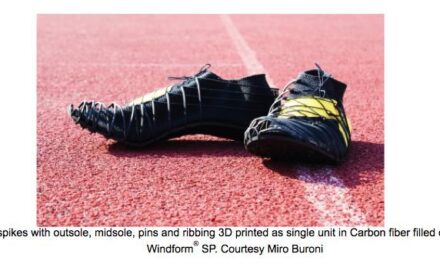FELIXprinters has launched the BIOprinter, which it explains is designed to be the ultimate bio research instrument.
According to the company, the global 3D bioprinting market – currently valued at $965 million – is expected to grow at a CAGR of nearly 20% up to the mid 2020s, driven by increased healthcare demands, but also to overcome the supply bottlenecks and ethical issues associated with organ donation and tissue repair. Bioprinting also caters for the increased demand for customised patient-specific healthcare solutions, a trend that is only likely to accelerate moving forward.
The BIOprinter has been developed on the chassis of the established FELIXprinters product line and has features that are specifically designed for medical, scientific and research applications. These include syringe cooling, print bed cooling and heating, a dual head system, easy syringe positioning and automatic bed levelling.
The printer features automatic bed levelling through the use of probing systems which results in a perfect first layer, which means a quality end result, the company claims. The BIOprinter also retracts with a highly precise motor for better dosage of materials and more accurate material flow versus alternative air pressure systems. In addition, the print heads are easy to sterilise, which eliminates the likelihood of contamination.
The FELIX BIO is appropriate for all types of bio-printing research, and is equipped with strong motors that can extrude a range of different material viscosities.


